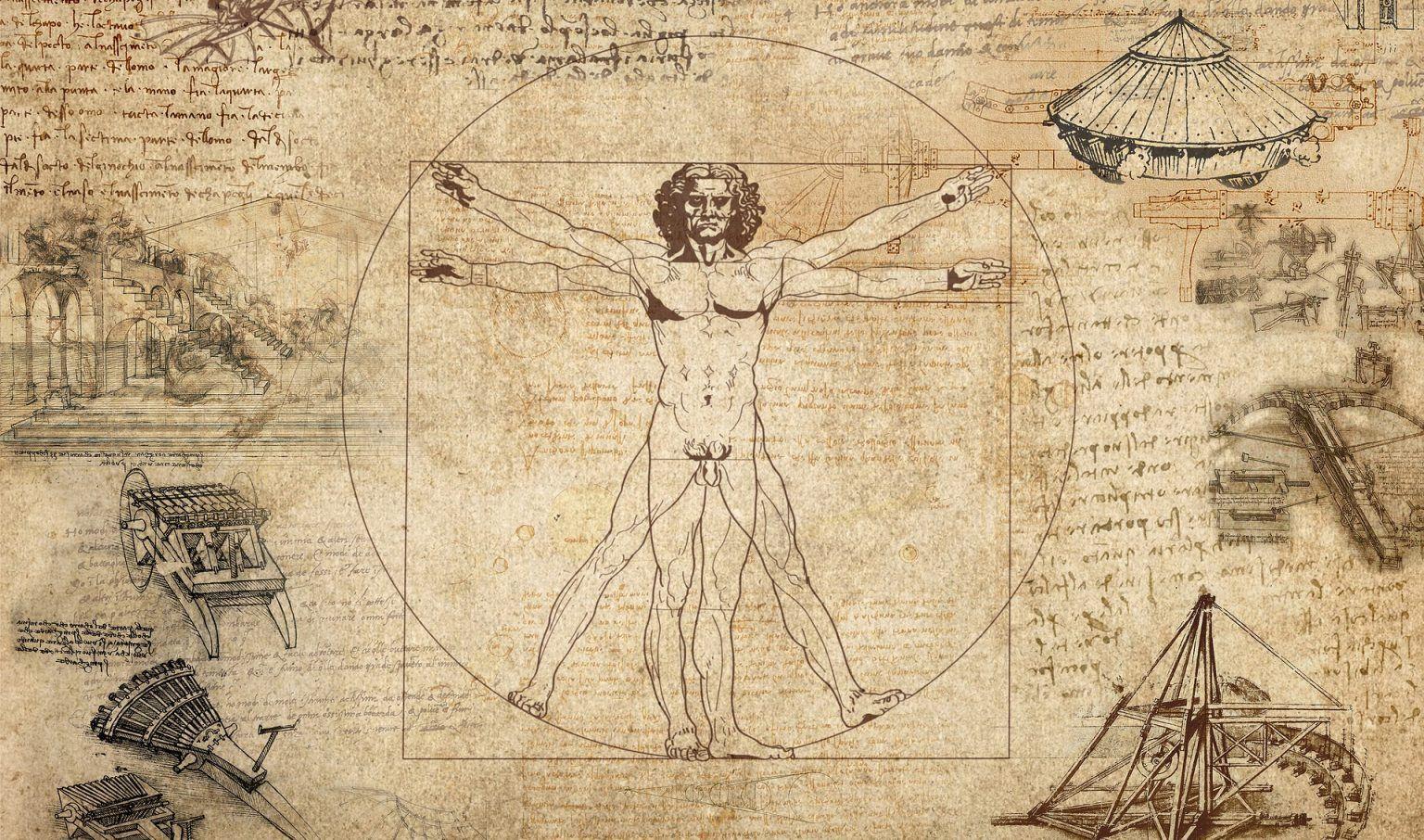Personality plays a huge role in the way an employee will perform, advance and interact with his or her teammates. Psychologists, CEOs, HR professionals and many alike are constantly trying to figure out the best ways to predict their employee’s success rate, even before they’ve actually gotten on-board and started working. And, since the tech industry is on the rise at a quick pace, the demand for efficient IT workers is not far behind.
A notable amount of research has been carried on personality traits and behavioral patterns of software engineers (additional resources – here and here), but since this blog is mostly focused around quality assurance, I thought that in this post I might investigate the personalities of a group that’s been getting considerably less attention on this matter – software testers. So while Da Vinci’s Vitruvian Man showcases the perfect proportions of the human body, we’ll try to get to the bottom of what makes up the perfect proportions of a test engineer’s personality. But first…
How the heck do you assess a personality?!
Well, that’s a good question, my friend. Attempts at defining and describing one’s personality have been made since… well, the dawn of time. Personality psychology has been a rather popular subject way before it got its name. It can be traced back to ancient Greek philosophers such as Hippocrates and his Four Humors Theory as well as Aristotle and Plato who focused more on tackling the subject of human virtue and morality. Some of the more well-known contemporary works, aimed at defining and categorizing human personality traits have been attributed to Gordon Allport, Carl Jung and the holy father of psychoanalysis himself – Sigmund Freud.
If you take a look at specific models of personality assessment, you’ll find that there are quite a huge bunch of them. There are some that you may have even heard of, for example, the Myers-Briggs Personality Types, as well as some other more obscure models that are rarely mentioned outside of the scientific community. In this case, however, we shall mostly be looking at the Big Five model, since it is the most widely accepted and valid one. So to briefly summarise it, the Big Five model (or the five-factor model) uses a combination of five distinct personality factors:
- Openness to experience (inventive/curious vs. consistent/cautious)
- Conscientiousness (efficient/organized vs. easy-going/careless)
- Extraversion (outgoing/energetic vs. solitary/reserved)
- Agreeableness (friendly/compassionate vs. challenging/detached)
- Neuroticism (sensitive/nervous vs. emotionally stable/confident)
These factors are usually abbreviated as OCEAN. They are used to describe to what extent each individual possesses each of these traits (or the opposites of them). The assessment itself is usually done via a self-evaluation questionnaire.
Ok, enough with the boring stuff…
The average Joe of software testing
How would you describe the average QA engineer? If you ask me, as someone who personally knows and gets to meet a large number of them pretty much every day, I’d probably have to say that I don’t have a definitive answer to this question. They are all a very diverse group of people with a wide array of characters, communication styles, hobbies, temperaments, etc. Although, one thing I’ve noticed that most of them seem to share is a sense of responsibility and an eagerness to finish what they’ve started. In other words, an unmistakable conscientiousness.
However, if we take a look at some research done on this subject (which, sadly, there is very little of), most of the studies suggest that software testers on average do indeed score higher on the conscientiousness scale than their software engineering counterparts. Which is great, since it adds some validity and sheds some light on what we already knew all along. Although it is difficult to pinpoint an exact profile of who the average QA engineer is as a person, it’s still good to know that if you’ve met someone who has been working in the software testing field for a while, they are most likely to take their work seriously.
Where do we seek perfection?
So what is the magical combination of traits that comprise the ideal software tester? Well, knowing the specifics of the job, your first guess might probably be that they’d have to be quite scrupulous, attentive to small details, punctual and overall efficient, which (surprise, surprise!) would coincide with being relatively high on the conscientiousness scale. The next set of traits that might come to your mind is inventiveness, a creative way of thinking and a readiness to try stuff that no sane person would ever think to try (like, for example, pressing a log in button 10 thousand times just to see what happens). In short, also, a somewhat high level of openness to experience. While not as prominent as the previous two, being a team player as well as being emotionally stable (agreeableness and neuroticism) might also be significant factors that are not to be taken lightly when evaluating someone for a position as responsible as this. And regarding the extraversion scale, the perfect software tester might lie somewhere in the middle, since the profession requires a lot of focus, while at the same time communication is an absolute key.
The most interesting part is that science seems to agree with this picture… To an extent. Although inconclusive, there is some evidence that a high score on the conscientiousness scale and a moderate one on the extraversion scale correlates with a higher software testing efficiency. There is also somewhat contradicting evidence that people with high extraversion stand out as exploratory testers. However, a more general study suggests that IT workers with high extraversion are usually prone to higher performance only in a group setting, while on the other hand working alone seems to be slightly detrimental to their productivity.
As for the neuroticism scale, surprisingly, research suggests that the more neurotic an IT worker is (although it must be noted that this isn’t specific to software testers) the better they are at handling anxiety and anger when in stressful situations, thus resulting in their work being of higher quality.
So, in conclusion, what can we learn from all this?
For starters, I think we can all agree that there is a ridiculously small amount of research done on the psychological aspects of software testing. Which is somewhat disappointing, knowing how large and in-demand the industry is. Nevertheless, we can only hope that the future brings some more fruitful insights on this subject.
However, as you probably might remember, the point of this whole article was to find out whether there is a perfect combination of personality traits that make up the ideal software test engineer. So, is there? Well, in theory, perhaps, but in reality… probably not (who would’ve guessed!). Although there are some personality traits that can, to an extent, predict a better performance, it is highly unlikely that we will ever stumble across a true Vitruvian QA engineer.
But there’s also some good news. Software testing, for the most part, is a team effort. Each member of any QA team has their own unique personality traits that can bring something useful to the table. Does it mean each such team is capable of reaching the stars? No. But, if you hire the right people (with personalities that complement each other instead of clashing) a good team can achieve fantastic results.
So, to expand the answer to the initial question – there most likely isn’t a perfect software test engineer, but with the right ingredients, it is most definitely possible to assemble a near-perfect software testing team.



